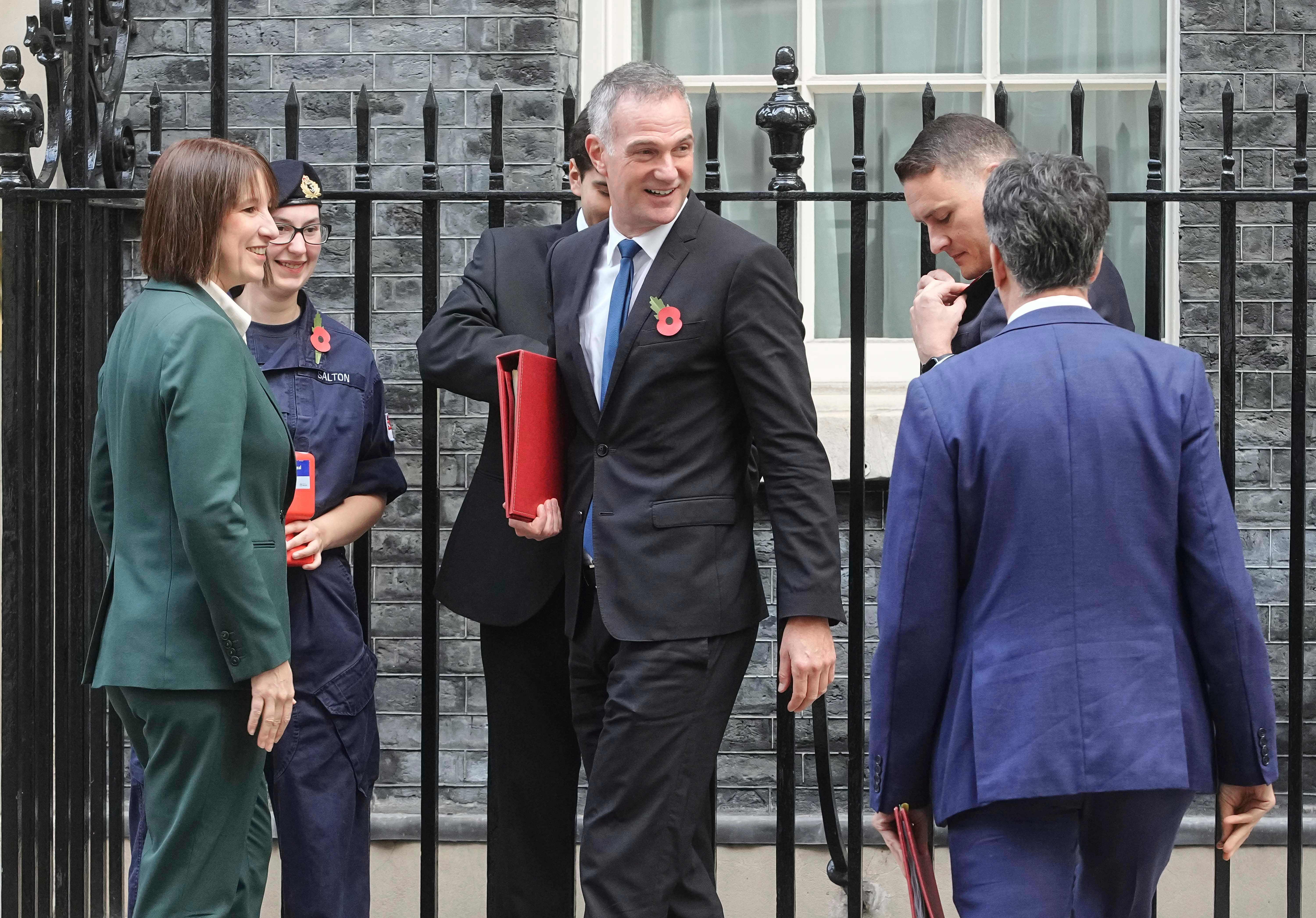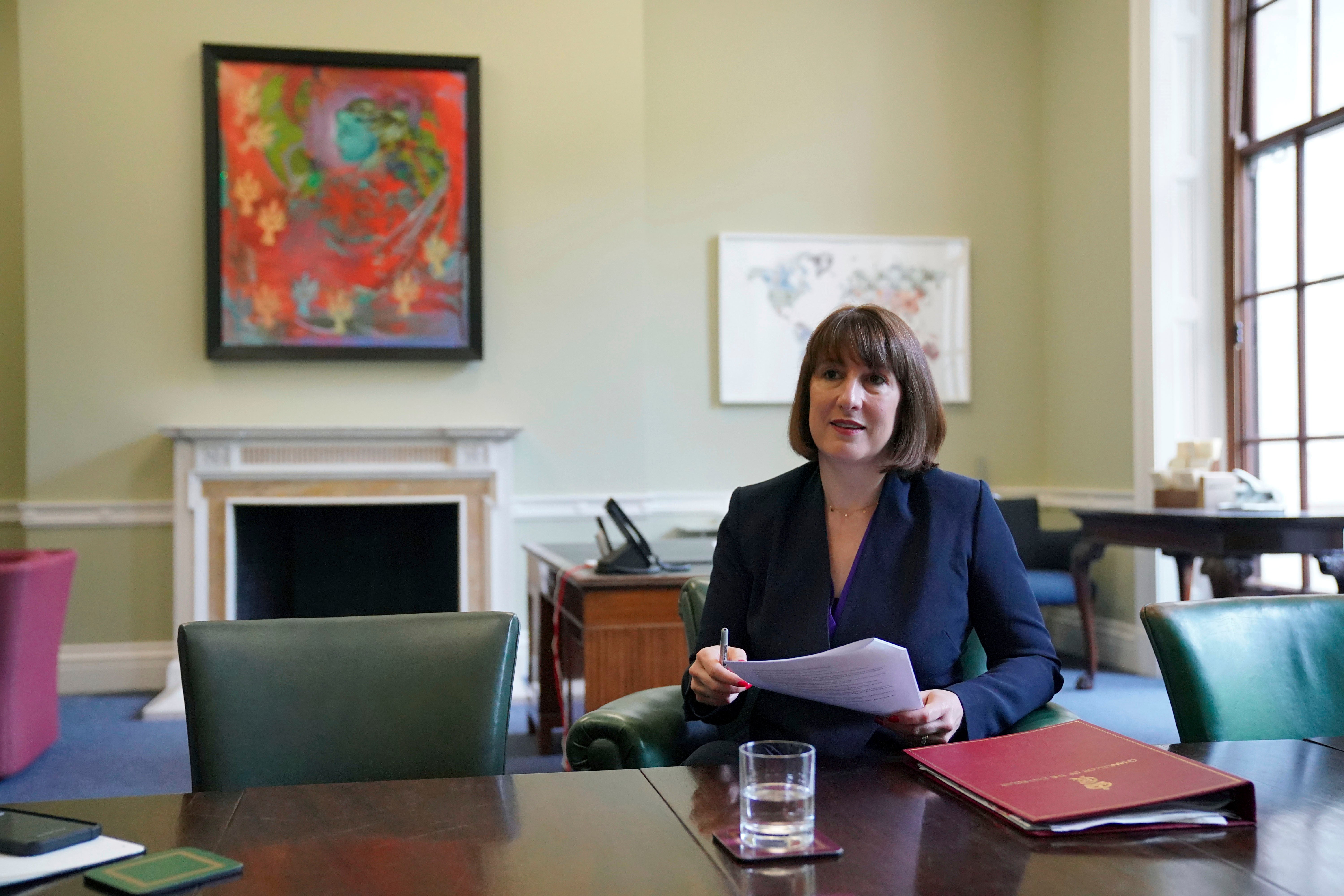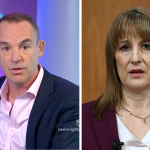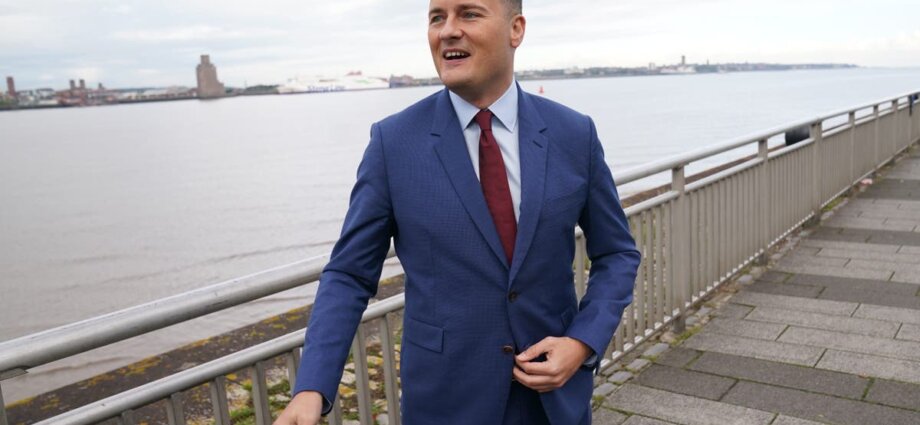The NHS faces “real problems this winter”, the health secretary has admitted as he refused to rule out the prospect of people waiting on trolleys and in corridors over the coming months.
Speaking on a joint visit to St George’s Hospital with chancellor Rachel Reeves, Wes Streeting said the extra money the health service is set to receive in Wednesday’s Budget might not prevent avoidable deaths and another winter crisis over the coming months.
The chancellor is expected to pump billions of pounds into the health service, including £1.5bn for new surgical hubs and scanners and £70m for radiotherapy machines.

Asked if the Budget would “fix the NHS”, Ms Reeves said: “I don’t think in one Budget you can undo 14 years of damage, but in this Budget we’re going to provide the resource necessary to deliver on our manifesto commitment to 40,000 additional appointments every single week, to reduce the huge backlog and as well as the increase in the capital Budget to take it to its highest level since 2010 to invest in the new scanners and the radiography equipment.”
When asked whether this Budget would avoid a winter crisis, Mr Streeting said “It will take time to turn the situation around,” adding: “I can’t promise that there won’t be people waiting on trolleys and corridors this winter.
“There are people in that position already today, we will start planning for next winter, this winter to make sure we see continued, steady improvement in our NHS, and what this Budget will enable us to do is arrest the decline in the NHS and start fixing the foundation so we can not only get the NHS back on its feet, but make sure it’s fit for the future as part of our winter crisis.
“I can’t pretend that we’re going to be able to wave a Labour magic wand and make all of those problems go away this winter, there will still be real problems, this winter.”

During the height of winter pressures in 2022, The Independent revealed estimates that 500 avoidable deaths were occurring each week due to people waiting more than 12 hours in A&E.
The Royal College of Emergency Medicine (RCEM) estimated around 350 avoidable deaths continue to occur each week due to people waiting this long in emergency departments.
When asked by The Independent if funding in this week’s Budget would save those avoidable deaths, Mr Streeting was not able to confirm this.
He said: “We will do everything we can to keep patients safe this winter. I cannot pretend that the situation we’ve inherited from the Conservatives isn’t dire and that it will take time to turn the situation around, and obviously, the number one priority for us has got to be patient safety and doing the best we can against the inheritance that we’ve been dealt to keep people safe and well this winter, but also to arrest the decline, so we’re not locked in an annual cycle of crisis after crisis which we’ve been subjected to under the conservatives.”
Dr Ian Higginson, vice-president of the RCEM, said of Monday’s announcement: “There is no mention of short or long-term measures to ease the current unacceptable situation in our A&Es which sees vulnerable patients forced to endure extremely long waits often on trolleys in corridors. These waits are associated with hundreds of excess deaths every week. That will continue to happen if nothing changes.”
He said the government was elected in July which should have been “ample time to at least start to put in place measures and funding to help reduce these avoidable deaths”.
“So far we have seen words and apparent acceptance of the status quo. We have not seen action.”
Dr Higginson added: “To talk about prioritising patient safety while allowing dangerous and degrading ‘corridor care’ to continue does not make any sense. Ending this shameful situation must be the priority right now.”
The NHS requires at least £13bn to address its backlog of estate problems, and according to the recent review by Ara Darzi the health service faces a shortfall of £37bn in capital funding.
The health secretary pledged to stop the annual cycles of “raiding the Budget for tomorrow through capital and tech budgets to plug shortfalls in day-to-day spending”.
“We have got to break that cycle of sticking plaster politics that ends up costing patients and costing taxpayers an awful lot more,” he said.











